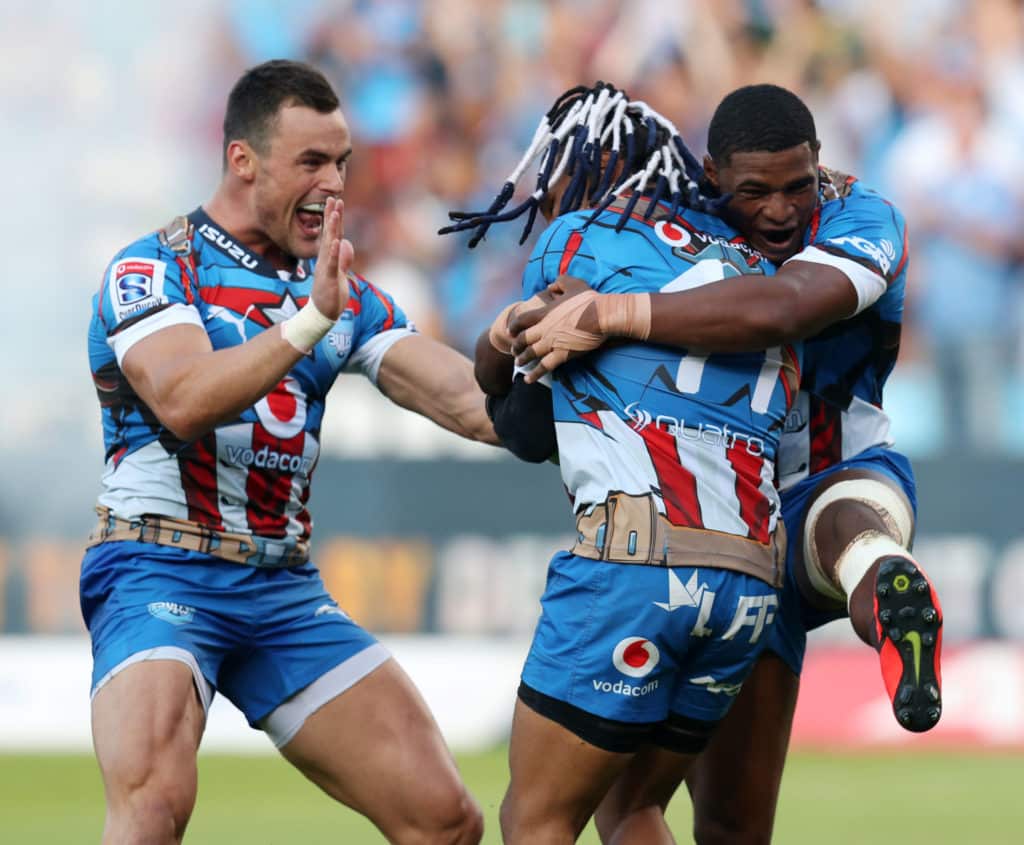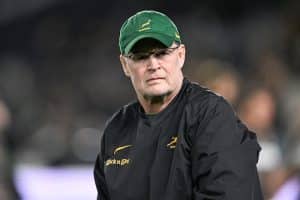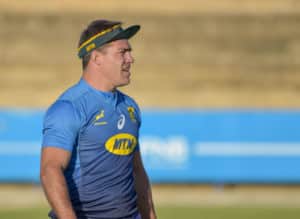The Loftus blowout showcased a Vodacom Bulls team on the rise as well as a sorry Stormers group on the road to nowhere, writes JON CARDINELLI.
There’s reason to celebrate after the first round of the Vodacom Super Rugby tournament. The Sharks and Lions won in Singapore and Argentina respectively, while the Bulls produced one of their most complete performances of the past three years when they thrashed the Stormers 40-3 at Loftus Versfeld.
No South African Super Rugby side won in Asia in 2018. No South African side – including the Springboks – won in Argentina.
Sure, the bar has been lowered in recent seasons, but the Sharks and Lions’ results must be viewed in an encouraging light for a rugby nation that is striving to become a greater threat outside of South Africa.
REPORT: Rampant Bulls trample Stormers
Will the Bulls secure their first-ever win in Buenos Aires when they travel to the Argentinian capital in round two? After watching the recent matches, one is inclined to believe that this outcome is a little more likely than before.
The Bulls used the rapier as well as the war hammer in their destruction of the Stormers on Saturday. There was intelligence to their approach, from the manner in which they contested the lineouts and breakdowns to their use of the attacking kick to fracture the Stormers defence.
The performance was not unlike the one witnessed when England hosted France in round two of the Six Nations. England kicked from hand 47 times and scored six tries. The Bulls kicked 39 times this past Saturday and ran in four tries.
The Bulls’ problem over the past three or four seasons – or one of them at least – has been their consistency. They’ve cut teams to shreds in the first half and then relinquished a big lead in the second.
ALSO READ: Five takeaways from past weekend
Last season, everyone felt that the Bulls had turned a corner when they beat the Hurricanes in their opening game, but by the end of the campaign, they had suffered a series of embarrassing losses, including a defeat to the Sunwolves.
The Bulls’ players and coaches made all the right noises in the buildup to the 2019 campaign. In an interview for the new issue of SA Rugby magazine, on sale this week, Lood de Jager spoke about his side’s ambition to play a revolutionary brand of rugby that is comparable to the approach used by the best teams on the planet.
De Jager spoke about a long-term process, but he was bold enough to admit that the Bulls couldn’t use that excuse indefinitely and that the team had to start producing results. Winning matches, said De Jager, was the bottom line in 2019.
On Saturday, the Bulls delivered on all fronts. And as predicted by De Jager, the addition of veterans Duane Vermeulen and Schalk Brits made all the difference with regards to the team’s focus and consistency.
The Bulls kept their collective foot on the Stormers’ throat. They were ruthless.
A big win against a struggling Stormers side at Loftus, however, should not be hailed as a significant sign of progress. The Bulls will need to tick some bigger boxes over the next few months before they can be spoken about in the same breath as the great side of the late 2000s.
The Bulls haven’t won a match staged outside of South Africa since 2016. They’ve lost 23 out of 30 matches against Kiwi opposition since 2011 and haven’t won a game on New Zealand soil since 2013. It’s been nearly six years since they’ve qualified for the playoffs.
The performance against the Stormers was a start, but the Bulls still have everything to prove.
They’re in a better space than the Stormers, though, who look set to plumb new depths in 2019. As things stand, the administration is a mess, the coaches are out of their depth and the players are not performing to their potential.
Unlike the Bulls, the Stormers have gone out of their way to assure fans and stakeholders that the situation is not as dire as most believe. Indeed, if you took Robbie Fleck’s words at the recent team announcement press conference to heart, you’d be inclined to think that the Stormers will reap the benefits of a four-year process in the coming months and contend for the trophy later this year.
The reality, of course, is that the Stormers are in a worse position now than when Fleck first got the job in 2016.
Many have called for Fleck’s head in the wake of the Loftus disaster, as if it would change the state of the Western Province Rugby Football Union. What these people forget is that Fleck was a late appointment after Eddie Jones took up a post with England and the move to appoint Mitchell – a former All Blacks coach – was blocked.
Then president Thelo Wakefield promised to find a like-for-like replacement for Jones, but the move to attract top coaches and players was ultimately hampered due to the union’s limited resources. One only needs to look at how many top players have left the Stormers in recent years – and how few quality players have been recruited – to understand the struggle.
Vermeulen and Brits could well have been playing for the Stormers instead of the Bulls this season if not for the Cape side’s financial situation. Brits returned to the Western Cape last year and had begun renovations on his family’s home in Stellenbosch when he discovered that the Stormers would not be able to pay his salary.
Last Thursday, Fleck was asked if he was under pressure to produce results. His answer suggested that his time as head coach is drawing to a close. Come 31 October, Fleck’s contract will expire and he is likely to vacate his post.
One has to ask why Fleck was given the responsibility in the first place, though. Are the Stormers so cash-strapped that they can’t recruit a world-class coach, or do the powers that be simply not have the ambition or the nous to lock down a big name? Is it a case of top players and coaches steering clear of a franchise that appears to sink deeper into the mire with every passing season?
The answer is probably all of the above.
There’s evidence to suggest that the situation can be reversed. In 2007, the Stormers were the laughing stock of South African rugby. Rassie Erasmus was recruited to turn the franchise around, and by the end of the 2008 season, the Stormers had regained some respect.
In 2010, the Stormers beat all five New Zealand teams and qualified for their first Super Rugby final. In 2012, WP won their first Currie Cup title in 11 years.
The Stormers have been in free fall since that season. While WP have won two titles in a watered down Currie Cup during this period, the Stormers have been routinely exposed in the Super Rugby tournament and the question regarding their coach and player stocks typically follows each failed campaign.
That Fleck is not the right man to take the Stormers forward has been plain to see since 2016. The more pertinent question is whether the Stormers have the right men in charge at administration level to implement the necessary structures and attract the talent that will make the team a force once again.
Photo: Muzi Ntombela/BackpagePix





